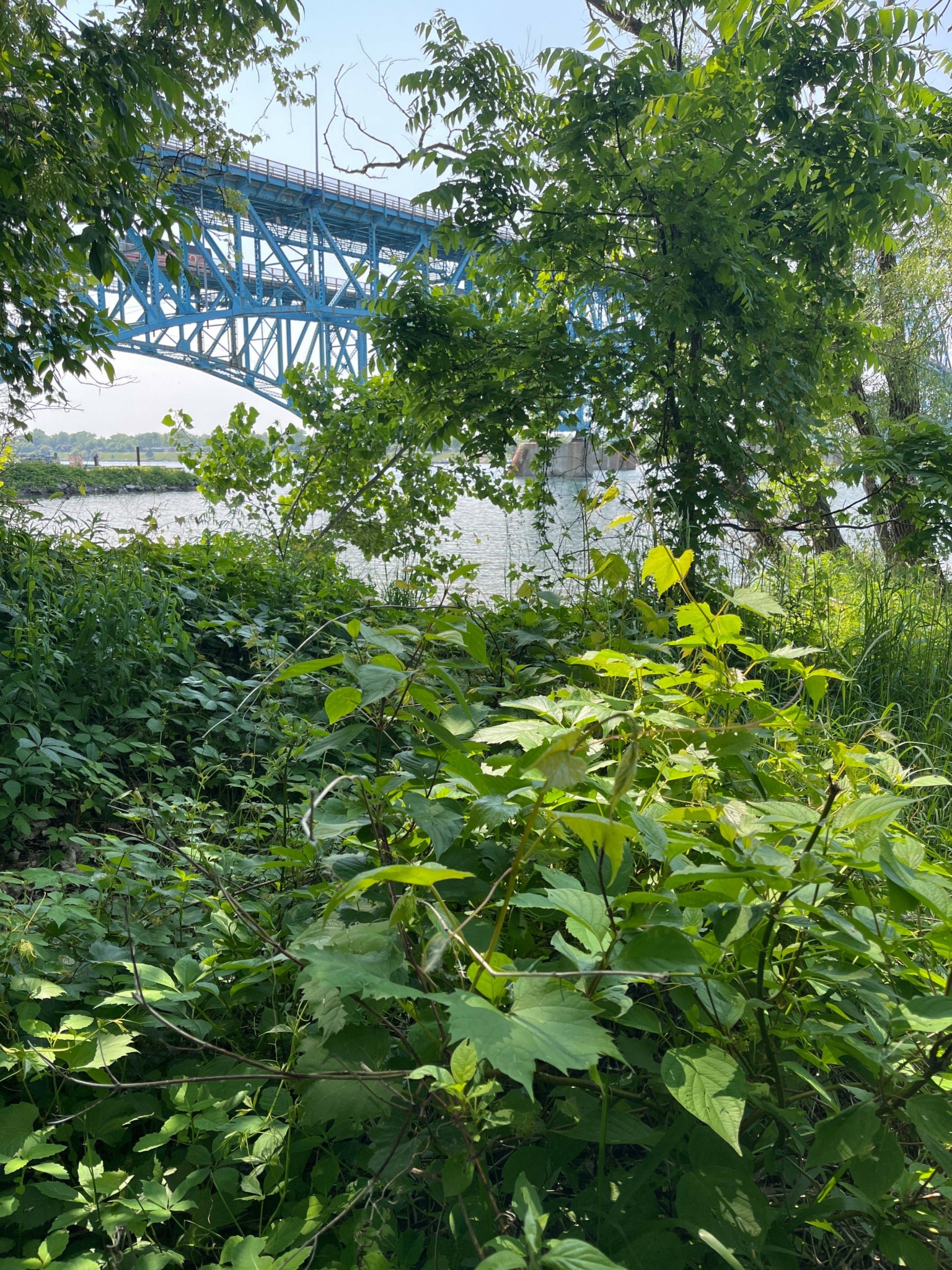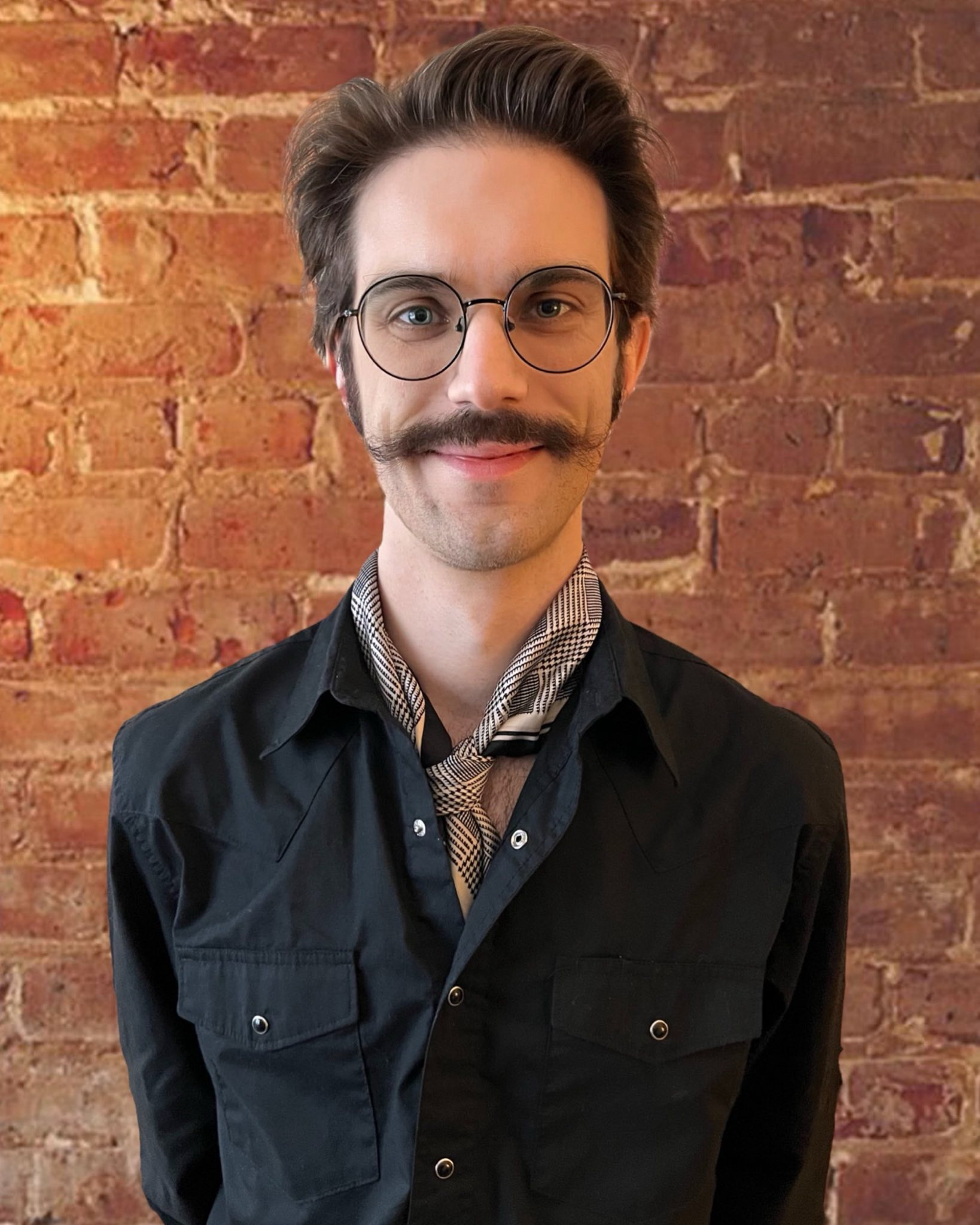We’re excited to introduce you to the always interesting and insightful Jack Marsland. We hope you’ll enjoy our conversation with Jack below.
Jack, thanks for joining us, excited to have you contributing your stories and insights. When did you first know you wanted to pursue a creative/artistic path professionally?
As far back as I can remember. Ever since I first discovered rock music, and learned that regular working class kids like me could become something larger than life and make oodles of money not fixing cars or serving food to strangers, I knew I wanted to be an artist. I went to school wanting to leave my mark through the written word. As an author, as an historian, and as a story-teller. I pursued a PhD in History because I wanted to shape the future by writing about the past. After becoming a doctor, I returned to my more fantastical, whimsical origins and decided writing fiction brought me the most joy. I get to exercise all the compositional and research skills I developed over many years of schooling and reapplied them to my own daydreams and fantasies. Only, there’s no real consequences for getting something wrong. I can write what I feel like a 1960s county bridge inspector was like without anyone crying foul. I can blend together facts or just pull stuff out of the air. As long as it reads well and make people forget about how miserable the real world is for a while, I’ve done my job.
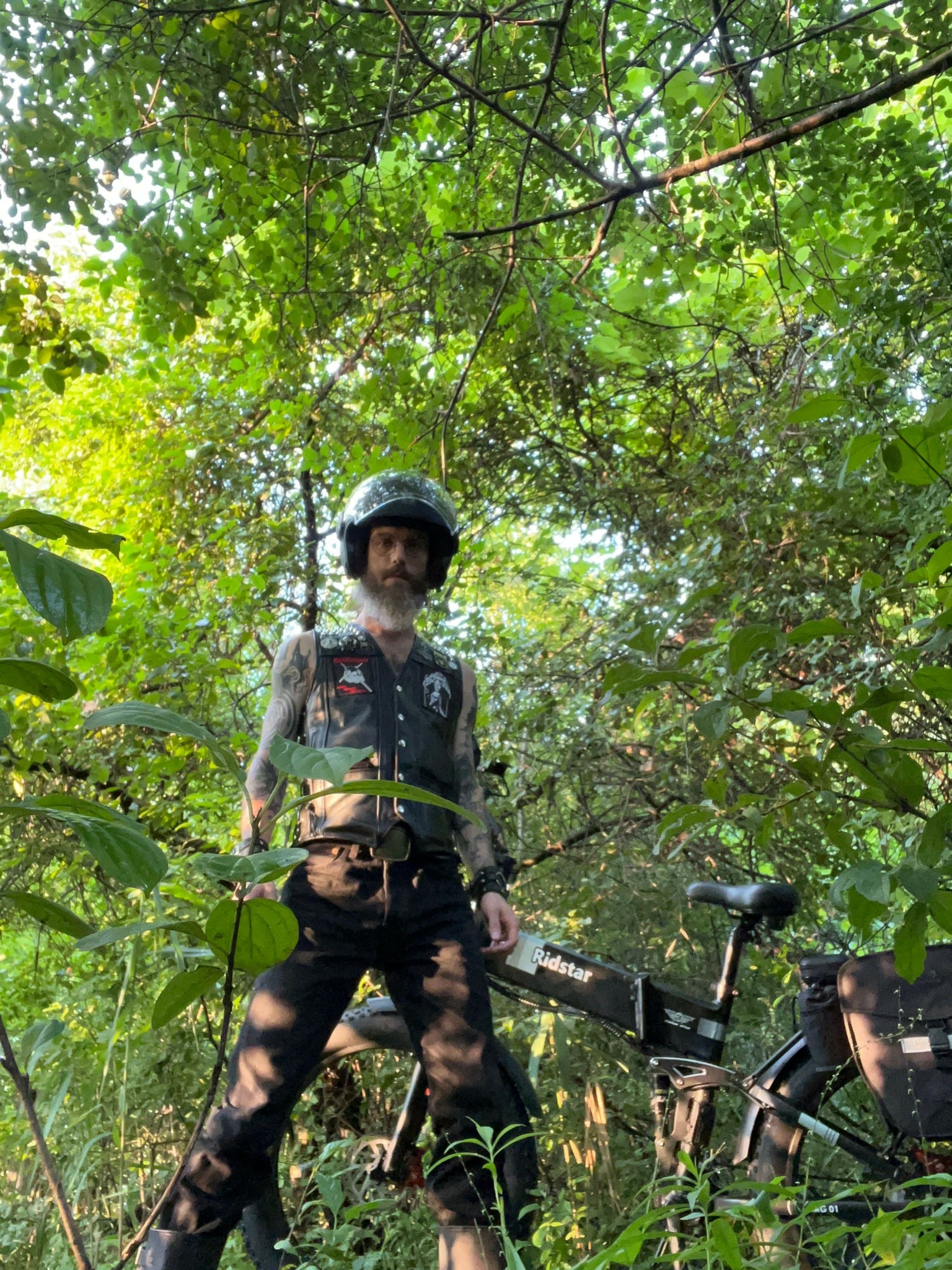
Jack, before we move on to more of these sorts of questions, can you take some time to bring our readers up to speed on you and what you do?
Funnily enough, I never really read or wrote as a kid. I was always great at those things in school, but when it came to my free time, I’d rather ride my bike or play in the woods than read a book or write a story. That’s still true, overall. It wasn’t until high school that I really started working through the various rebellious boy books the twentieth century produced (Vonnegut, Thompson, Burgess) and not until grad school that I really began thinking about writing as something I could actually do professionally. I spent most of my college years as a writing center tutor and history teaching assistant, so there was always this feeling like “writing is my profession”, and as I got into non-profit administration kind of work, having writing skills really shaped what kind of work I did and once again. I found myself writing professionally. My last day job was working as quality assurance for a mental health agency, and that fully turned me onto returning to writing as a full-time thing. When watching over the treatment of the most vulnerable people, I really learned what an edge to shaping reality my writing skills had. I could tell stories that neither clients nor staff could tell for themselves. What I’m most proud of is bringing those everyday stories to life in my current novel: The Sign of the Wolff.
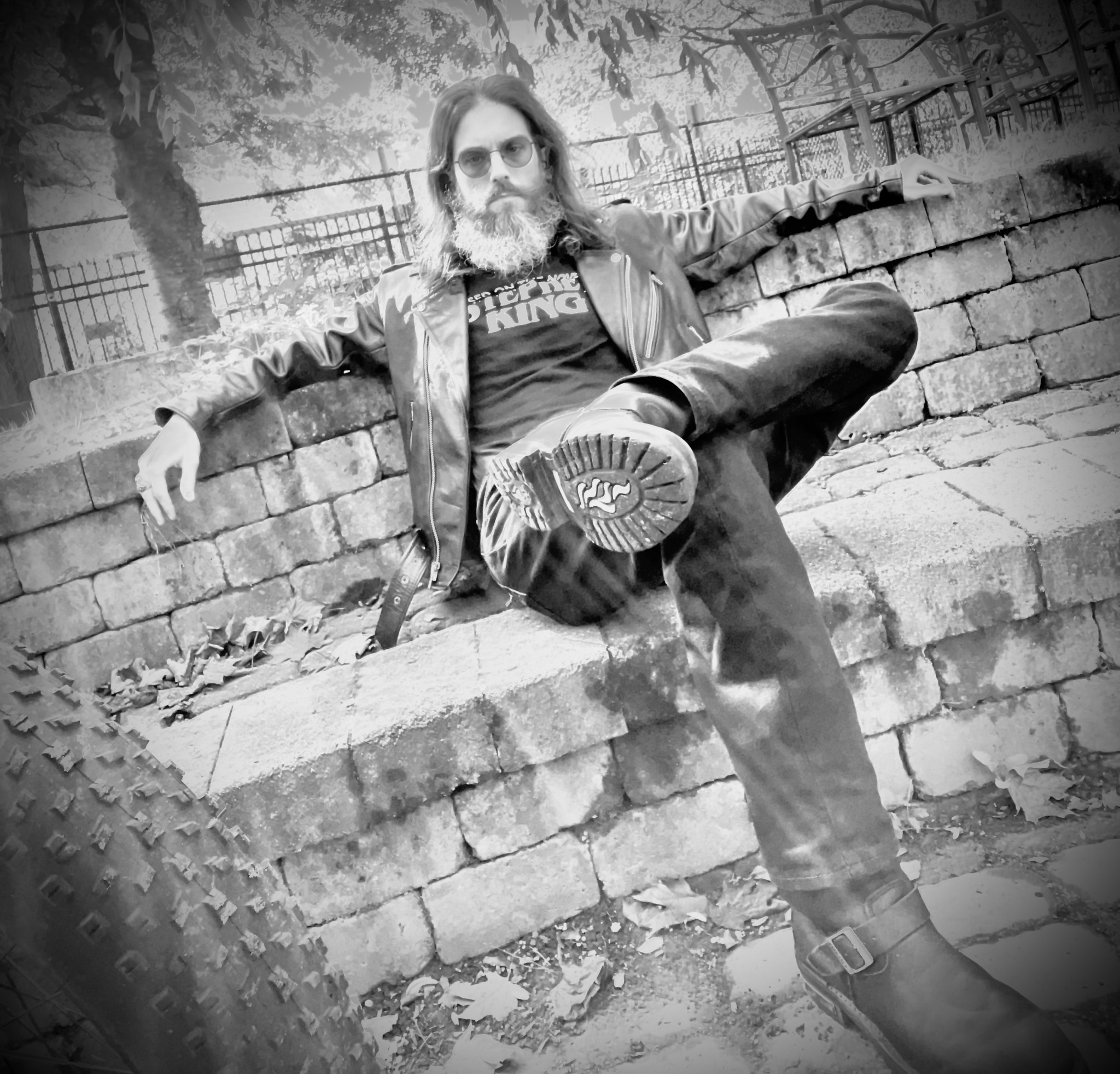
Do you think there is something that non-creatives might struggle to understand about your journey as a creative? Maybe you can shed some light?
I think non-creatives struggle to understand the creative’s need to create. When I sit down to write a story, I’m not thinking about how many people are going to like it or what impact it’s going to have on society. I’m not thinking about some grander vision or what my little book of horror has to say about working class masculinity in the twenty first century. I’m thinking about a small town weirdo and his merry band of rejects trying to be seen and have fun in a world not meant for them. Would that gang of misfits pass around my books at the skatepark, the underpass, in detention? Would it piss off their parents just a little bit to know their child wants something more Walmarts and parking lots and fast food?
I write to create, but first I write to destroy. Like it or not, I grew up in the shadow of the Unabomber, the Columbine shooting, and 9/11, and among my friends, we all thought bland, dumbed-down America got what it deserved. I write from that perspective.
Eventually, I grew up and grew out my violent hatreds of everything. But that fascination with violence stuck around, and I have to put in somewhere. So, it goes into vile creatures like Robert Lawrence or Jimmy Bredahl, or (perhaps worst of all) Judson Gunselfinger. They are the monsters lurking in my head.
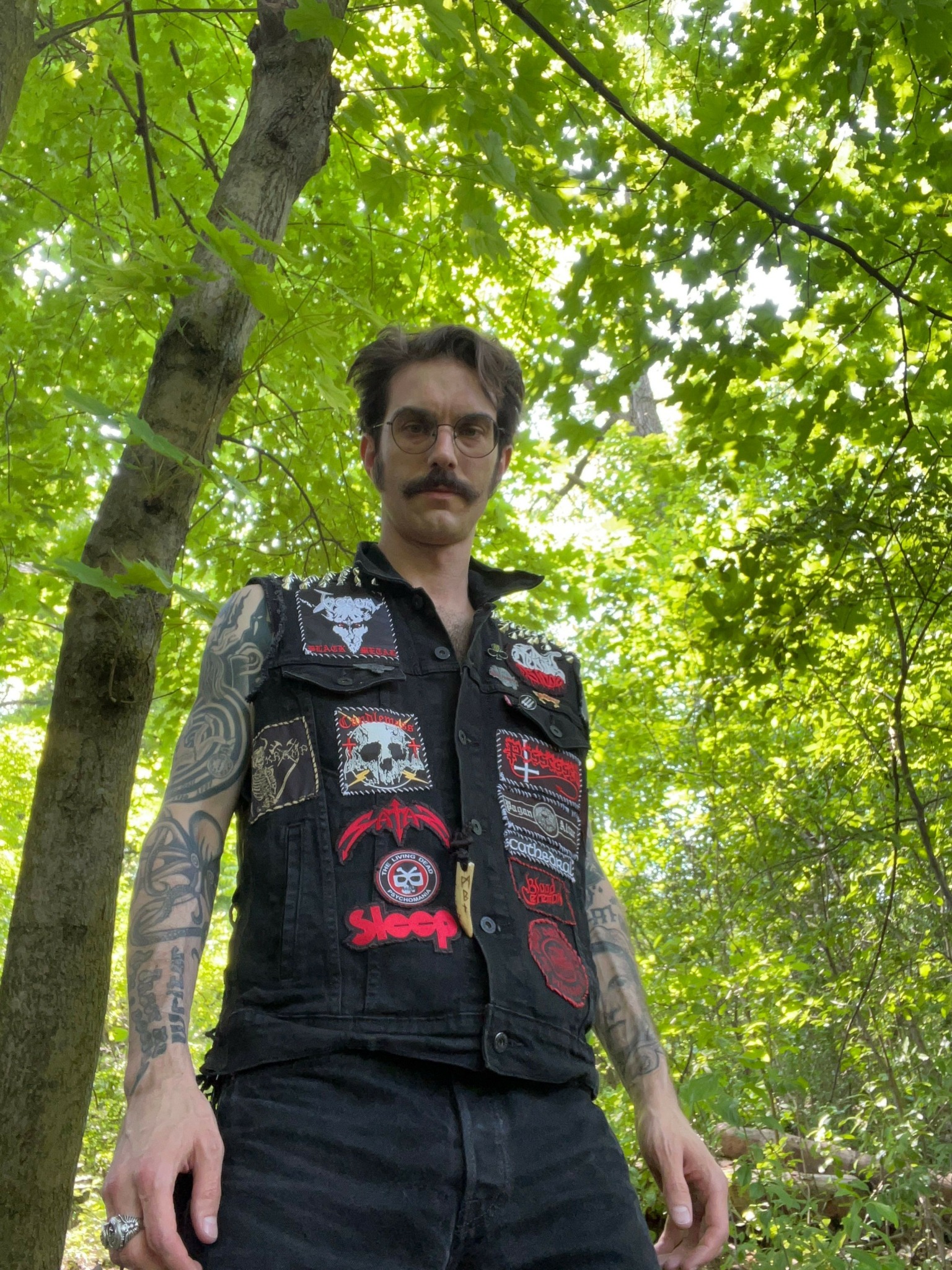
For you, what’s the most rewarding aspect of being a creative?
Finding out how far I can go with an idea, more matter how outlandish or grotesque, and still make it something someone will want to read. I play with power dynamics and taboos in my literature, but I don’t want to take that one-note into an extreme snuff fest. I take my cues from 1970s Giallo more than anything else. Yes, there’s going to be blood. Yes, there’s going to problematic aspects to it. Because that’s how life is, but the art of it is to make something beautiful out of the obscene.
Contact Info:
- Instagram: shuddering_gazette
- Linkedin: /john-marsland
